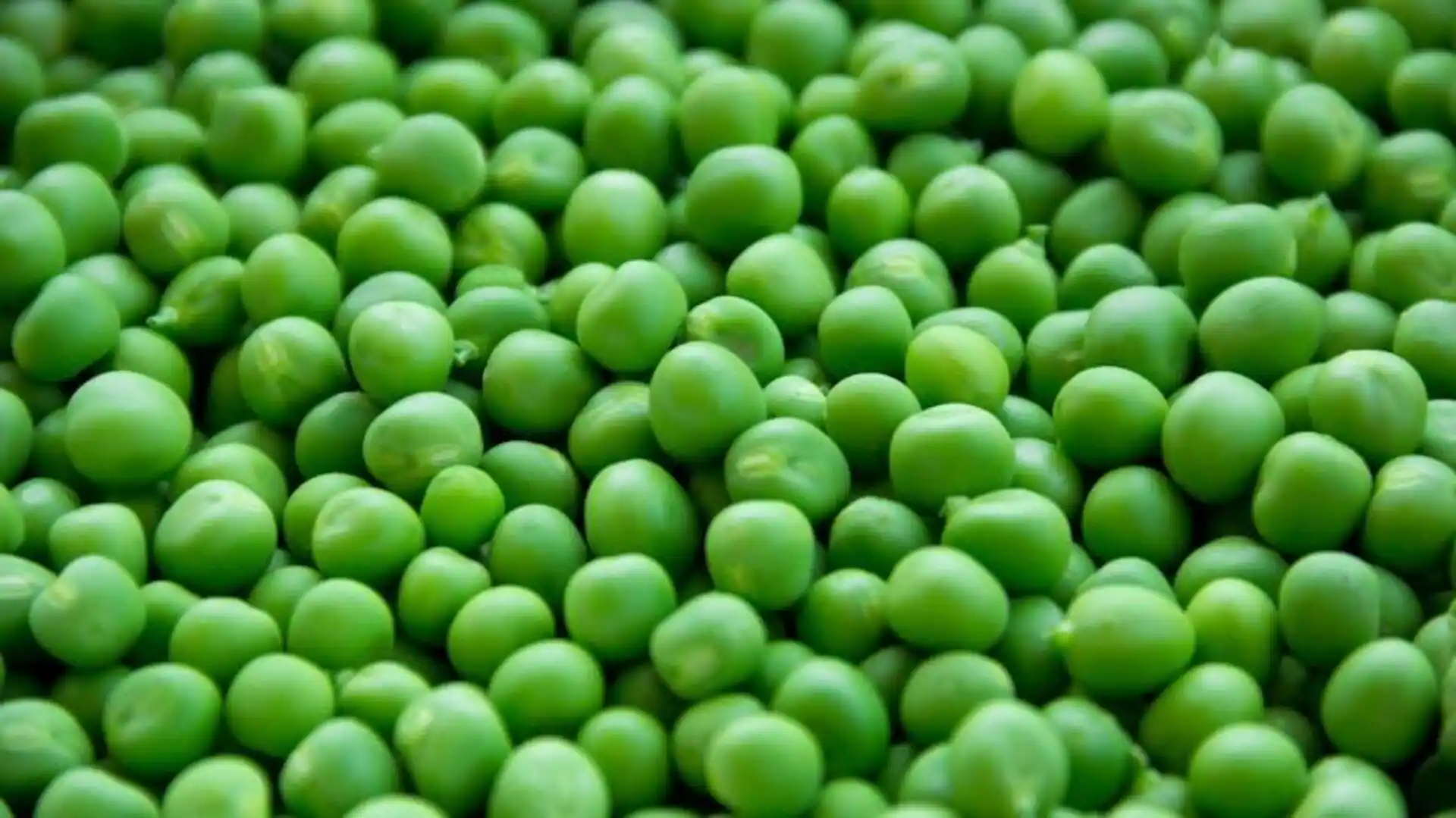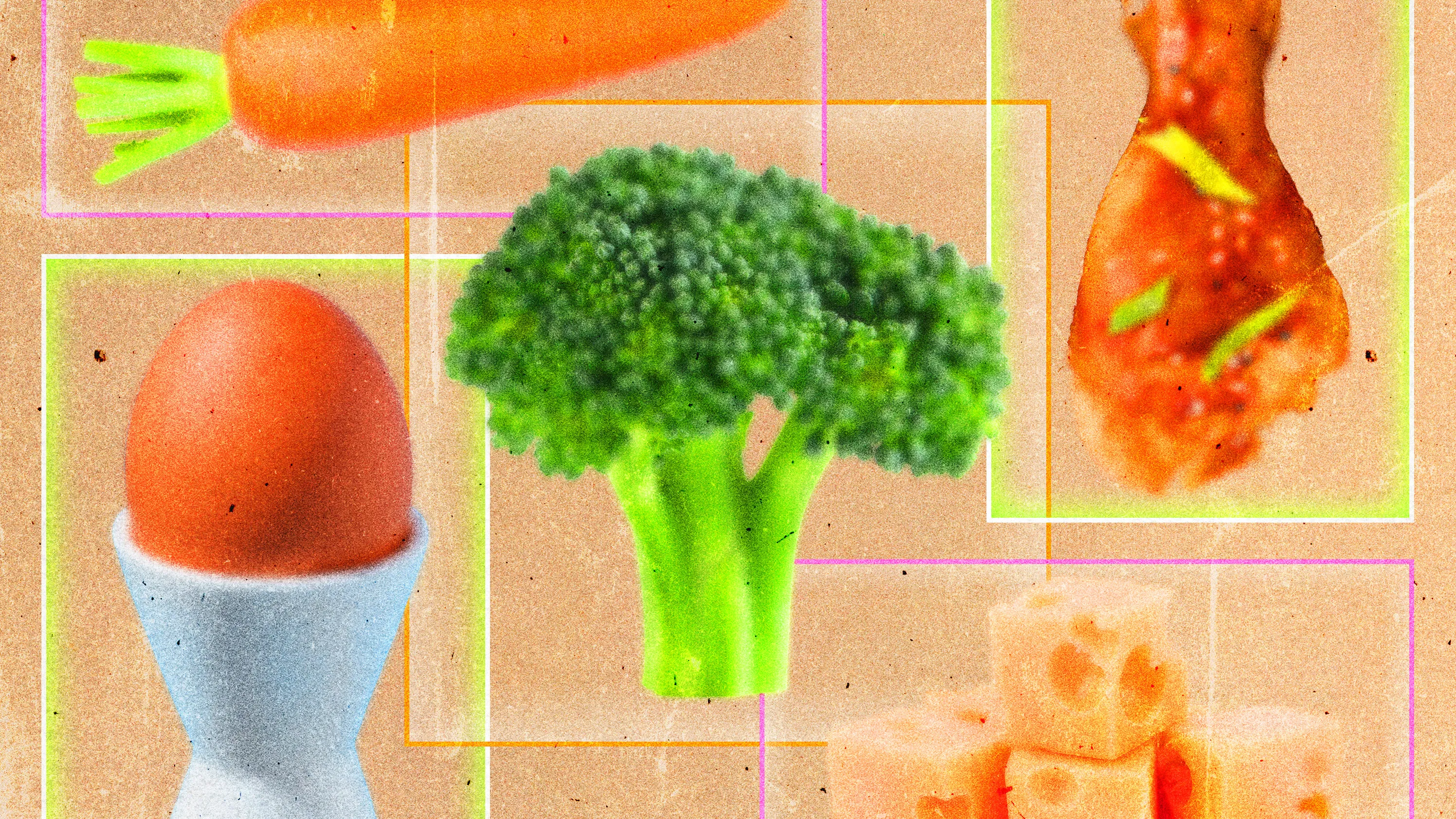By Anujj Trehaan
Copyright newsbytesapp

Peas and carrots are two of the most popular vegetables, both of which are rich in nutrients. While both can be a part of a healthy diet, they have their own nutritional profiles that can benefit different dietary needs. Knowing the differences between the two can help you make informed choices about what to include in your meals. Here’s a look at the nutritional differences between peas and carrots. Peas are an excellent source of vitamin C, giving more than 60% of the daily recommended intake per cup. They also provide vitamin K and some B vitamins. Carrots, on the other hand, are famous for their high vitamin A content (from beta-carotene), giving more than 200% of the daily value per cup. They also provide smaller amounts of vitamin K and some B vitamins. Fiber is an important element for digestion and gut health. Peas provide around four grams of fiber per cup, which helps keep bowel movements regular and may lower cholesterol levels. Carrots also provide fiber but slightly less than peas (about three grams per cup). Both vegetables can help you meet your daily fiber requirements. Minerals are essential for several bodily functions. Peas provide iron, magnesium, phosphorus, potassium, and zinc in moderate amounts. Carrots provide potassium and calcium in significant amounts but are lower in iron compared to peas. Including both in your diet can ensure you get a range of minerals. Caloric intake is an important consideration for those watching their weight or energy consumption. Peas have a higher caloric value than carrots, with about 62 calories per cup as opposed to carrots’ 41 calories per cup. If you’re looking to manage your weight while getting enough nutrients from vegetables, this difference could be important when planning meals.



